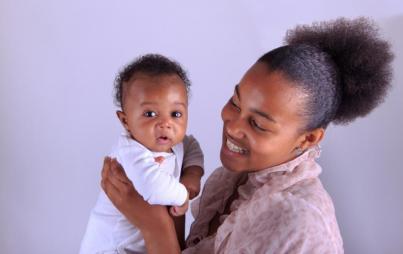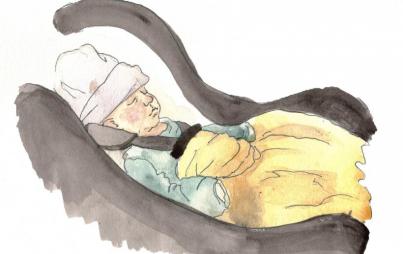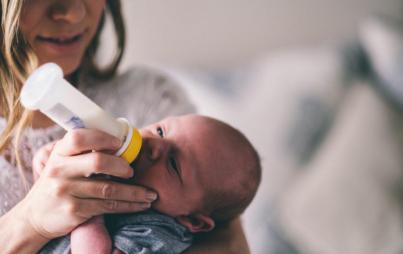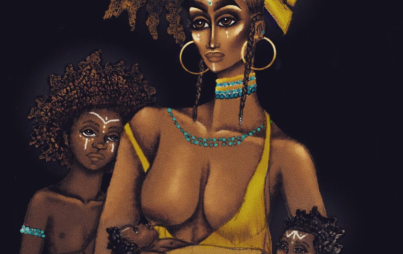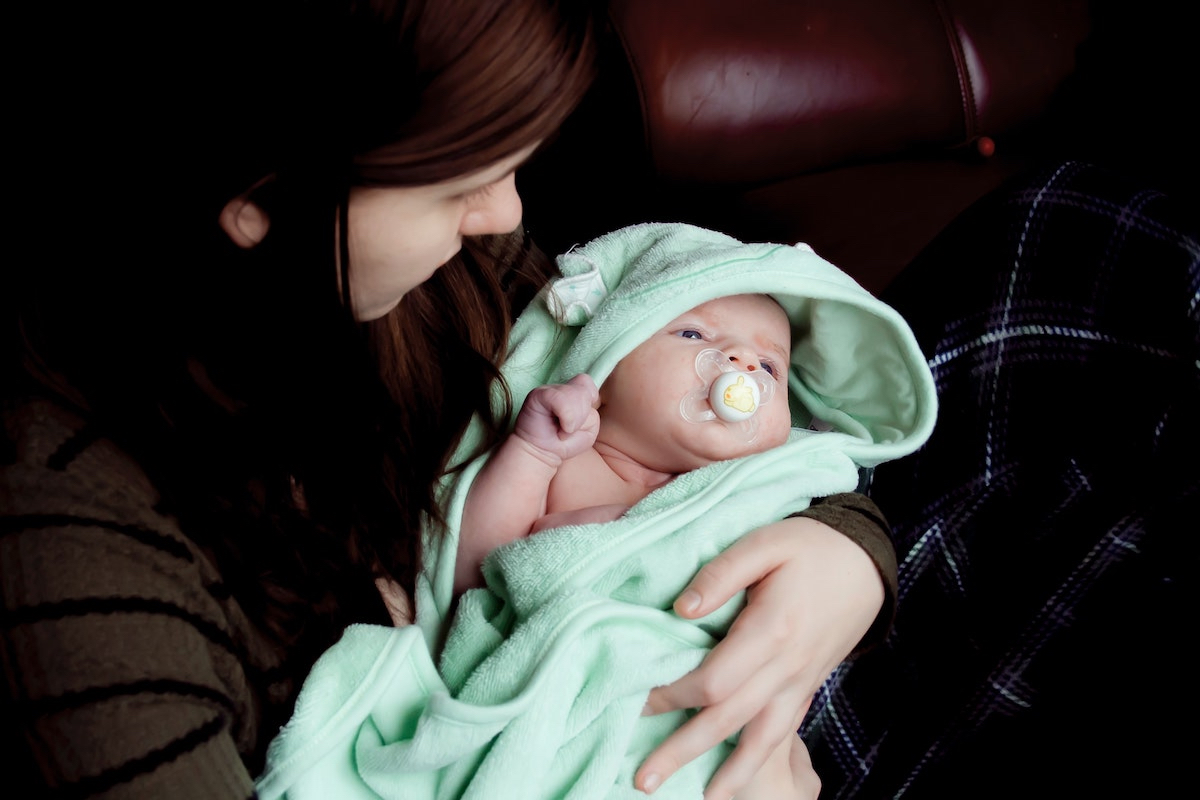
Photo by Sean Roy on Unsplash
Past forty, after dealing with infertility, my husband and I were overjoyed to learn that we were expecting a baby girl. With a bill of good health from my ob-gyn, I was supposed to glowingly bask in nine months of bliss, much like the pregnant midlife celebrities we regularly see smiling on Instagram.
I was determined to breastfeed.
I wanted to feel close to my baby—to give her not only love from my heart but nourishment from my body. Also, statistics showed it was crucial to breastfeed for the first six months after giving birth. Plus, all the parenting books I read were firm on the importance of adhering to breastfeeding only.
So, I took classes on breastfeeding at the hospital with my husband and watched countless videos. I even purchased the My Brest Friend nursing pillow to help position my body better. I joined several new mom’s breastfeeding support groups, where I envisioned us all feeding our babies together, as I blissfully flowed into my new role—like some midlife Madonna.
Imagining breastfeeding my baby, was my one oasis in a pregnancy during which nothing went according to plan.
You Might Also Like: Did You "Fail" At Breastfeeding? It Might Have Contributed To Your Postpartum Depression
Starting with my first trimester, palm-sweating nausea presided over my days, making me dizzy and forcing me to feverishly suck on lemon ice pops. Between bouts of vomiting, by the beginning of my third trimester, I had gained seventy pounds, while subsisting on a diet of pizza, pasta, and watermelon.
As my body got larger, the old me disappeared. My breasts burgeoned to porn star proportions, which leaned intimately on my man-sized body pillow, which by now I referred to as ‘my other husband.’ I was terrified of getting stretch marks, so I spent time rubbing cocoa butter all over my body. My fingers swelled so much that I couldn’t put on my rings.
Everything was out of my control except my plan to breastfeed after the baby was born.
Because my daughter was expected to weigh more than nine pounds, my Ob-Gyn decided to induce labor at 39 weeks. Once I checked into the hospital, I was surrounded by videos on breastfeeding and pamphlets on how to do it, and why it was the healthiest choice.
It took 15 hours of hard labor, five pieces of ice, twenty sips of water, and finally, one epidural to find out that I needed a C-section. But that was ok, I reasoned, though my idea of a traditional birth had been thwarted, there was still one thing I could do.
Right after she was lifted out of me, I happily hoisted my daughter to my breast, where she latched on immediately. As she suckled, I felt invincible, filled with the universal spirit of motherhood.
The next morning, as I prepared to breastfeed again, a lactation nurse assessed me.
“Wow, the baby really tore up your nipples,” she said, frowning. “You probably didn’t notice because you were on pain medication.”
She spoke the truth I didn’t want to hear, and I felt the ache in my nipples like a knife slashing at my dreams of easy motherhood.
After that, each time I tried to breastfeed, it hurt too much to continue. My husband even rented a lactation machine (or, as I referred to it, the milking machine), but that didn’t work either. Devasted and wondering if I was up to the job of mother since I couldn’t even do this one small task that woman had done since the beginning of time, I pushed down my sobs and told the nurses to give the baby formula. My tears kept time to my daughter’s gulps as I watched her undisguised avarice for the nourishment I couldn’t give her.
I thought I was a horrible mother. I berated myself. I felt as if I didn’t know what I was doing, and what’s worse, my daughter knew.
A half-hour later, a different nurse, Jane, came into the room and saw me sobbing into my pillow. She took my hands in hers.
“I’m going to talk to you like I would with my daughter, “ she said. “ I know you want to breastfeed, but not everyone can, and I don’t think you should. The truth is not everyone’s milk comes down in a quantity that is enough. You may end up tethered to your child for hours, and it will hurt."
“Wait, you’re telling me not to breastfeed?”
I looked at her through my tears, shocked. I couldn’t believe that she was going against everyone’s advice—the doctors, the hospital, the lactation nurse, the books I’d read.
“Yes,” she replied.
“I would rather you have good mental health, and most importantly, I don’t want you to resent your daughter, I want you to enjoy motherhood. Besides, You gave your daughter your colostrum, and that will protect her immune system, and get you into heaven,” she joked.
I couldn’t believe her words and made her repeat them so I could understand. Finally, as she continued to hold my hands in hers, her wisdom permeated through the fog of my obsession and depression. I hugged her. Her words freed me from the prison of my own milk-making.
The reality was motherhood was nothing like what I had been taught to expect.
Not everyone can breastfeed. That’s ok. What’s not ok is anyone but ourselves having agency over our bodies and decisions, and that includes doctors, hospitals, government, and even parenting books.
It was years before I learned that research shows that reading parenting books promoting strict routines could be bad for your mental health. Though they recommend breastfeeding, the American College of Obstetricians and Gynecologists has officially recognized that a baby’s mother “is uniquely qualified to decide whether exclusive breastfeeding, mixed feeding, or formula feeding is optimal for her and her infant."
So yes, I formula-fed my now ten-year-old-daughter. And she was fine. And yes, the colostrum did help: My daughter didn’t catch her first cold till she was ten months old. But what’s most important to me, are nurse Jane’s prescient words. She was right. I never resented my baby for holding me back or hurting me. Instead, I was able to relax into those early days of motherhood.
Being able to do that started with a feeling of support from another mom, and the understanding that it’s ok if breast isn’t best—because being her loving mother is good enough.
You Might Also Like:



